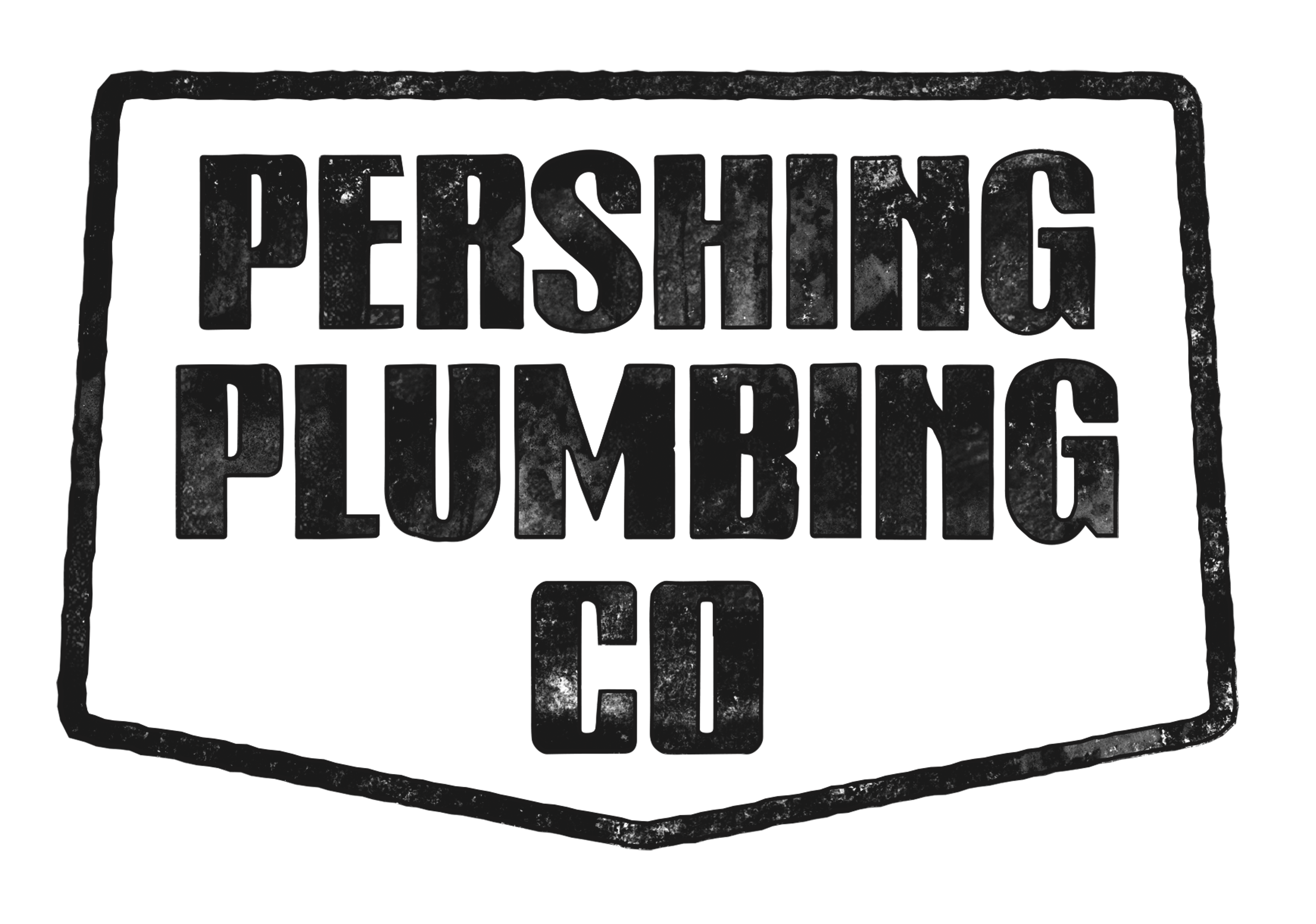While unclogging sink pipes is essential, a proactive approach toward preventing blockages can save you time and hassle in the long run. Let’s delve into preventive measures that keep pipes clean and enhance their longevity.
- Strainers and Catchers:
- Usage: Install sink strainers to catch food particles, hair, and other debris.
- Benefits: These devices significantly reduce the amount of material entering the pipes, ensuring smoother water flow.
- Regular Flushing:
- Procedure: Once a week, run hot water down the sink for a minute or two.
- Benefits: Regular flushing helps move along any debris before it has a chance to settle and cause blockages.
- Soap Choice:
- Recommendation: Opt for natural soap options over traditional soap bars or gels.
- Benefits: Traditional soaps often contain fats that can contribute to blockages. Natural soaps break down more easily, reducing residue.
- Limit Food Scraps:
- Tip: Always scrape plates into the trash or compost before rinsing in the sink.
- Benefits: Less food entering the sink means less chance for clogs to form.
- Proper Disposal of Grease:
- Procedure: Instead of pouring grease or oil down the sink, collect it in a container and dispose of it in the trash.
- Benefits: Grease and oil are notorious for causing blockages. By avoiding this common mistake, you’ll save yourself from potential clogs.
- Regular Inspection:
- Recommendation: Periodically check the pipes under the sink for leaks or water accumulation.
- Benefits: Catching a minor issue before it becomes a major problem can save money on repairs and potential water damage.
Conclusion:
While addressing clogged pipes is crucial, prevention is undoubtedly the best approach. By taking these proactive steps, you can ensure your sink remains functional, minimize the need for regular deep cleaning, and extend the lifespan of your plumbing system.

